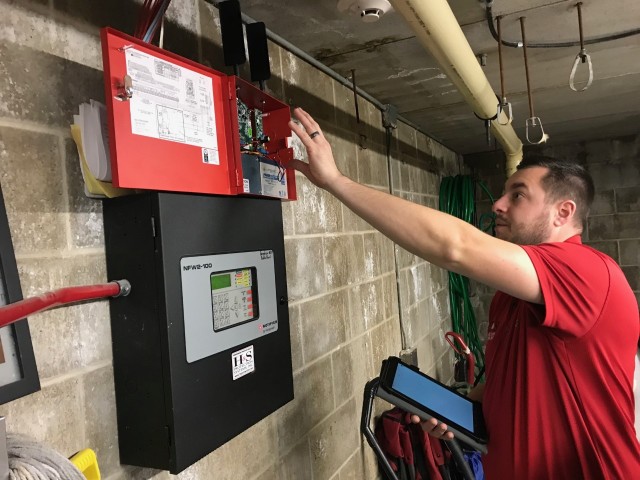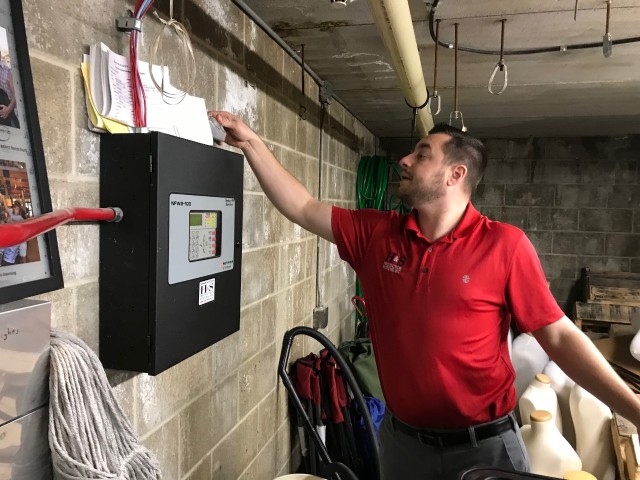For the layperson, understanding the upgrade of our nation’s cellular network can be confusing. Terminology makes it complicated. You must also understand the technology aspects of how the system functions and moves data.
Staying away from explaining the highly technical aspects, most cell carriers (the companies you pay your monthly fee to, so you your phone and text messages get to the recipient) are upgrading their cellular digital networks. Most have moved or are moving to 4G (four gigabits of data) from 3G. Others are in the process of moving directly to 5G.

The advantages for those of you with alarm systems are simple: You want your system to continue sending its signal to the monitoring center through a cell signal (if you don’t use a landline). As the upgrade is made, the transition should be seamless – you shouldn’t see anything different from your current service. The more gigabits, the better the connectivity and transmission of data.
At H&S Protection, we are working with our customers on these upgrades to their security systems. It’s a simple, yet important process, according to H&S Sales Consultant Dave Kwasinski. “There are sunset provisions making 3G obsolete. As a company, we work to stay ahead of the game, which is why we are meeting with customers to make the necessary changes,” he said.
If the systems are not upgraded, customers run the risk of losing connectivity. “The signal from the alarm system wouldn’t go to the monitoring center in those circumstances. We don’t want that,” Kwasinski said.
H&S is working systematically with its customer base to get a technician onsite, make the technology changes and test the system for secure operability. “We’re updating their cellular means of communication. It’s a pretty easy visit for our tech guys. Steve and Mike (Co-Owners of H&S Protection) are offering the upgrade at the cost of hardware. It’s a great deal for our customers,” Kwasinski said.

Once the technicians upgrade the SIM card in the alarm communicator to 4G, they’ll check the communication signal as the network is switched to ensure smooth functioning. End of story.
There’s a big benefit to getting rid of your landline and using cell service for your security systems, according to Kwasinski. “With no phone lines, a potential burglar can’t cut the line to severe the connection. Plus, if the landline is eliminated, that monthly fee for the phone line goes away.”
It’s a seamless transition. “We want to ensure reliability and that the system works properly when we’re done with the upgrade. This isn’t just about H&S Protection, but instead a technology upgrade from the cell carriers that the security industry embraces for better service in the long run,” Kwasinski said.
